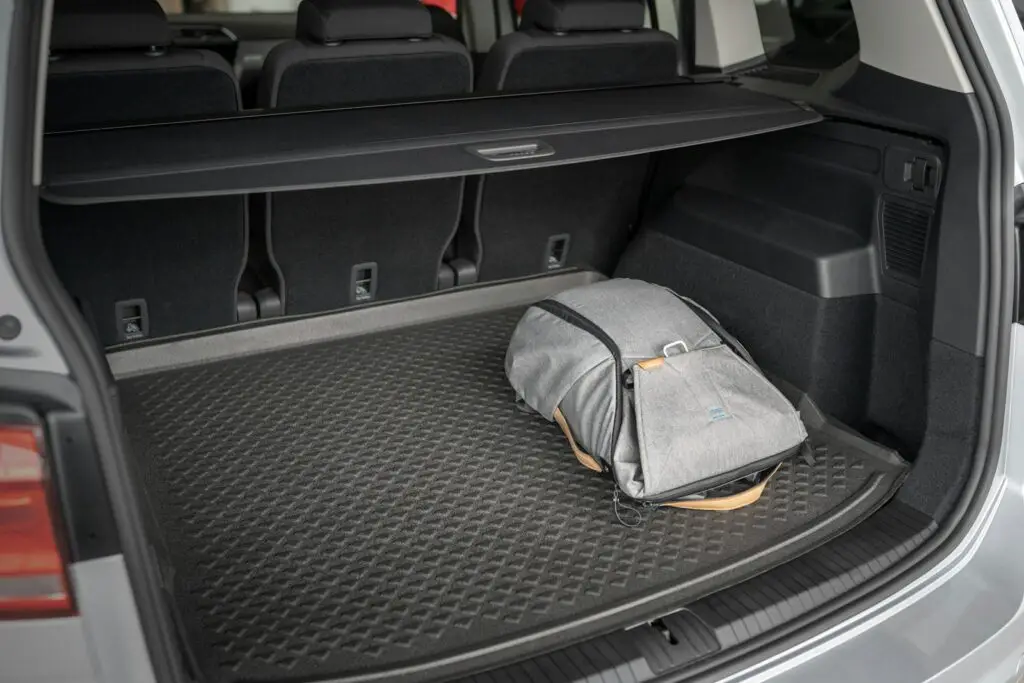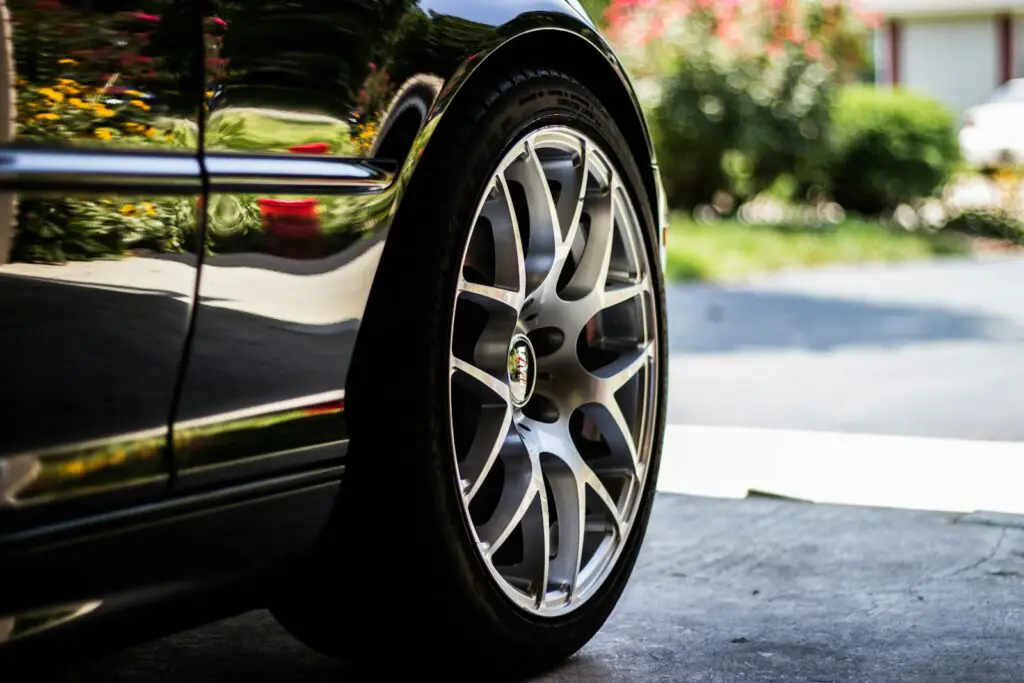In an era where gas prices are continually fluctuating, finding ways to stretch your fuel dollar is more crucial than ever. Additionally, a well-maintained vehicle with optimized fuel efficiency often performs better and may have a higher resale value. Here are some simple tips that can help you enhance your fuel efficiency and reduce your spending at the pump.
1. Declutter Your Vehicle

Every extra pound in your vehicle can reduce its fuel efficiency. Automotive engineers work tirelessly to reduce the weight of vehicles to improve gas mileage, so don’t counteract their efforts by carrying unnecessary items. Golf clubs, heavy tools, or even a trunk full of items destined for donation can add weight and increase fuel consumption. Regularly cleaning out your car can not only make your drives more pleasant but also more economical.
2. Optimize Your Vehicle’s Aerodynamics
The way your car moves through the air has a significant impact on its fuel efficiency. If you have a roof rack or cargo carrier, consider removing it when it’s not in use to reduce wind resistance. For those who need extra storage for activities like cycling or skiing, consider a hitch-mounted rack, which has a smaller impact on aerodynamics. If your vehicle came with a factory-installed roof rack that you never use, check if you can remove the crossbars to reduce drag and improve gas mileage.
3. Strategize Your Errands
Planning your trips can significantly reduce fuel consumption. By combining errands into one trip, you can avoid multiple cold starts, which are less fuel-efficient. This not only saves gas but also reduces wear and tear on your engine. If possible, plan your route to avoid heavy traffic and idling, which can also help conserve fuel.
4. Turn Off the Engine When Stopped

Idling consumes fuel without getting you anywhere. If you’re stopped for more than a few seconds like at a train crossing, turn off your engine. Many modern vehicles have automatic start-stop systems that do this for you, saving fuel and reducing emissions. If your car doesn’t have this feature, manually turning off your engine at long stops can make a noticeable difference in your fuel consumption.
5. Drive Mindfully
Your driving habits can significantly impact your fuel efficiency. Accelerating gently and maintaining a steady speed can reduce fuel consumption. Anticipate stops and allow your vehicle to coast to a stop when possible, rather than braking hard at the last moment. This not only saves fuel but also reduces wear on your brakes. On highways, using cruise control can help maintain a constant speed and improve gas mileage.
6. Maintain Proper Tire Pressure

Properly inflated tires are crucial for optimal fuel efficiency. Underinflated tires can increase rolling resistance, making your engine work harder and consume more fuel. Check your tire pressure regularly with a reliable tire gauge and inflate them to the recommended level. This not only improves fuel efficiency but also enhances the safety and lifespan of your tires.
By implementing these tips, you can make the most of every gallon of gas and save money in the long run. Remember, small changes in your driving habits and vehicle maintenance can add up to significant fuel savings over time.

Pingback: Huge Gas Price Increase Amid Instability, Rising Oil - Eh, Eyewitness News
Pingback: Huge Gas Price Increases Amid Instability, Rising Oil - Eh, Eyewitness News
Mostly obvious, but a couple I didn’t know – thanks again!